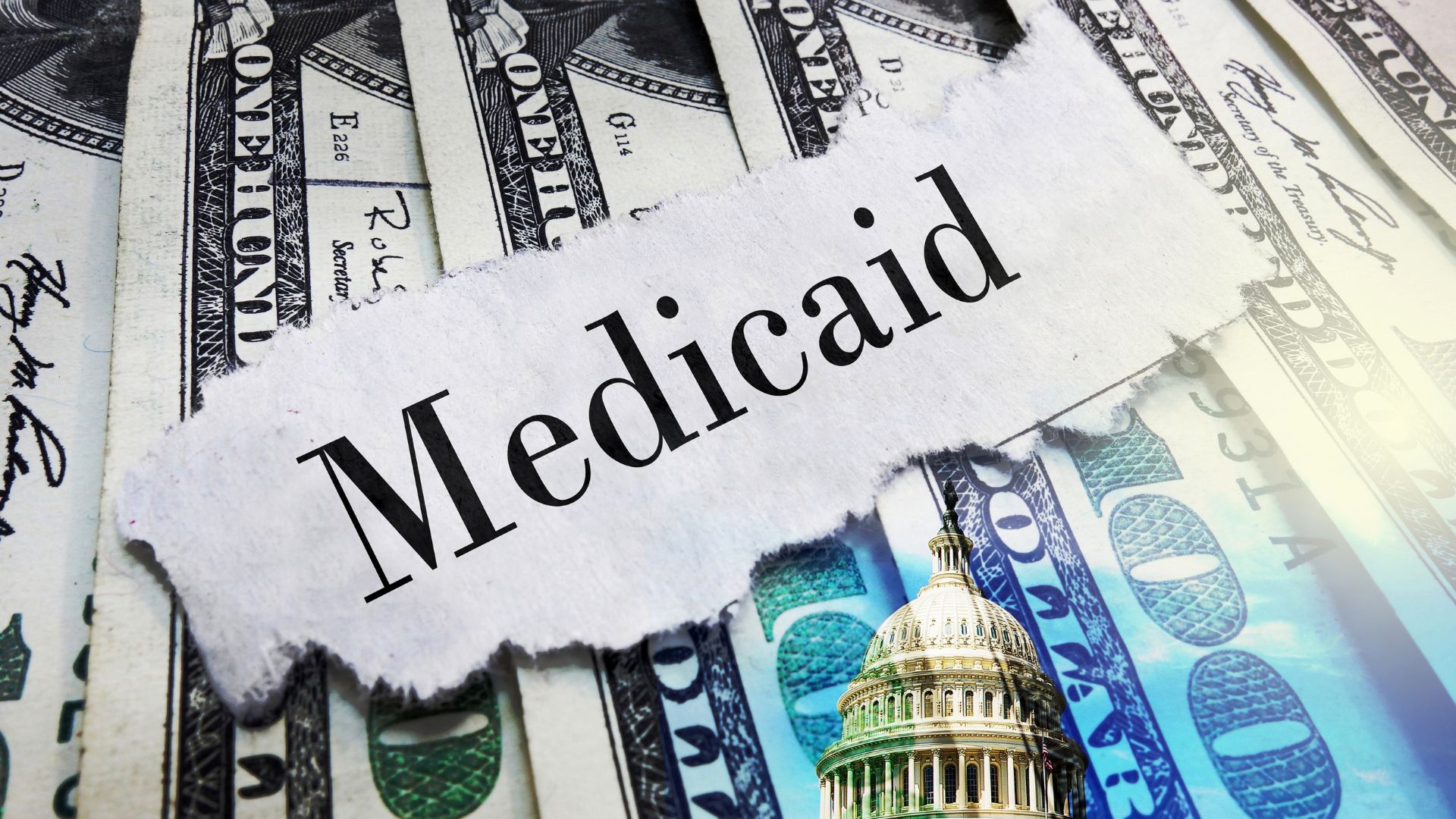
CNN commentator Scott Jennings pushed back against criticism of Republican-backed Medicaid reform proposals during a panel discussion on Wednesday, stating that the GOP’s position on work requirements and benefit restrictions is both sound policy and politically viable.
The discussion took place amid ongoing debate over the so-called “One Big Beautiful Bill,” a comprehensive legislative package that includes provisions to reform Medicaid eligibility and restrict access to welfare benefits for certain populations.
Some Republican lawmakers, including Sen. Thom Tillis (R-NC), have expressed concern that elements of the bill—particularly proposed changes to Medicaid—could hurt the party in the 2026 midterm elections.
Trump’s Sovereign Wealth Fund: What Could It Mean For Your Money?
Jennings disagreed with that assessment. “I think he’s wrong,” Jennings said of Tillis’s concerns.
He argued that the Republican position is grounded in principles that appeal to voters and reflect the values of work, responsibility, and fiscal stewardship.
“There’s nothing politically devastating about trying to bar 1.4 million illegal aliens from getting welfare,” Jennings stated during the panel.
“There’s nothing politically devastating about encouraging 4.8 million people… who choose not to work… to try to work a little in order to get government benefits.”
This Could Be the Most Important Video Gun Owners Watch All Year
Jennings emphasized that the proposed legislation contains provisions intended to avoid harm to vulnerable populations, including a $50 billion allocation to protect rural hospitals.
He urged Republican lawmakers to stand by the reforms and articulate their benefits clearly to the public.
“And I think Republicans ought to lean into these things: work requirements are good. Encouraging work instead of welfare is a good thing, and it will work in campaigns,” Jennings said.
Scott Jennings didn’t wait for introductions before lighting a fuse on CNN’s panel.
He went directly after Senator Thom Tillis, dismissing his criticism of the GOP’s Big Beautiful Bill as not just wrong, but politically clueless.
“I think he’s wrong,” Jennings said without… pic.twitter.com/dZEnfWZK0t
— The Vigilant Fox 🦊 (@VigilantFox) July 9, 2025
Some of the debate centered on when the proposed Medicaid changes would take effect.
Axios reporter Alex Thompson raised the point that many of the reforms would not be implemented until after 2026.
Jennings responded that states need time to make adjustments to their systems and that delaying implementation does not diminish the strength of the policy.
“If Democrats want to run on giving Medicaid to illegal aliens and people who won’t work or choose not to work, Republicans have a counter-message that will work if they are willing to courageously defend it,” Jennings said.
It didn’t take long for the tension to spike.
Axios reporter Alex Thompson zeroed in on what he thought was a potential vulnerability: the bill’s Medicaid changes wouldn’t kick in until after the midterms.
It was a classic “gotcha” moment—except Jennings didn’t take the bait.… pic.twitter.com/U6iVIOc4lh
— The Vigilant Fox 🦊 (@VigilantFox) July 9, 2025
He noted that the Democratic argument could be effectively challenged, as it hinges on expanding benefits without work requirements or enforcement mechanisms.
During the same panel, New York Times podcaster Lulu Garcia-Navarro argued that Republicans risk being portrayed as a party that is “taking something away.”
Jennings countered that narrative, stating that Democrats have shifted toward dramatically expanding government benefits without concern for sustainability.
But the conversation was just warming up.
New York Times reporter Lulu Garcia-Navarro took a swing at the Republicans’ messaging problem, saying they were boxing themselves in as the “party of taking things away.”
“It is much easier to run on a message of someone took… pic.twitter.com/ogBgKrDeCQ
— The Vigilant Fox 🦊 (@VigilantFox) July 9, 2025
Jennings closed the panel discussion by restating what he described as the fundamental difference between the two parties’ approaches to entitlement programs.
“I agree, but I think most people also believe that people should not be able to sit and do nothing and receive government benefits, or be in the country illegally and receive government benefits,” he said. “
By the end of the exchange, Garcia-Navarro was desperately trying to steer the conversation back to the basic promise that anyone should be able to get medical care.
“But what I’m saying is most people do believe that there should be a basic ability to go to a hospital and get… pic.twitter.com/pX0UOdFXSo
— The Vigilant Fox 🦊 (@VigilantFox) July 9, 2025
And the Republican ethos is encouraging work, the Democratic ethos is encouraging government dependence. That’s the debate.”
The Senate’s Medicaid reform proposal remains a key point of negotiation in the broader legislative package.
Supporters argue that the reforms will preserve the long-term viability of federal safety net programs, while critics warn of possible negative impacts on low-income populations. Congressional debate on the bill is expected to continue in the coming weeks.

![CNN Contributor Completely Wrecks Liberal Talking Points on Medicaid Reform [WATCH]](https://www.right2024.com/wp-content/uploads/2025/07/CNN-Contributor-Completely-Wrecks-Liberal-Talking-Points-on-Medicaid-Reform-750x375.jpg)

![Steak ’n Shake Mocks Cracker Barrel Over Identity-Erasing Rebrand [WATCH]](https://www.right2024.com/wp-content/uploads/2025/08/Steak-n-Shake-Mocks-Cracker-Barrel-Over-Identity-Erasing-Rebrand-WATCH-350x250.jpg)




![Mount Rushmore Could Get Trump Upgrade Under GOP Push [WATCH]](https://www.right2024.com/wp-content/uploads/2025/07/Mount-Rushmore-Could-Get-Trump-Upgrade-Under-GOP-Push-WATCH-350x250.jpg)
![Soros Network, Others Behind LA Riots [WATCH]](https://www.right2024.com/wp-content/uploads/2025/06/Soros-Network-Others-Behind-LA-Riots-WATCH-350x250.jpg)
![Human Trafficking Expert Details Horrific Biden Admin Endangerment of Migrant Kids [WATCH]](https://www.right2024.com/wp-content/uploads/2025/07/Human-Trafficking-Expert-Details-Horrific-Biden-Admin-Endangerment-of-Migrant-350x250.jpg)




